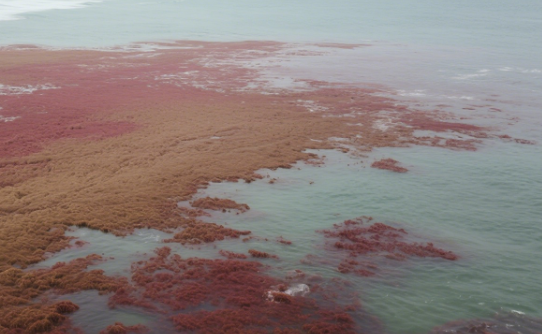A team of researchers from The Hong Kong Polytechnic University has found that microbial communities attached to plastic waste (interplastic) may trigger the spread of pathogens across ecosystems. 1 gram of marine plastic waste has a microbial biomass that is 10 times greater than 1,000 liters of seawater, and carries pathogens that can spread globally by ocean currents, accelerating the risk of viral transmission. Meanwhile, a harmful algal bloom off the coast of Southern California has caused the deaths of four cetaceans, and for the first time, chondrocystic acidosis has spread from sea lions to humpback whales, minke whales, and other cetaceans, setting three records for the “earliest duration, widest range of impacts, and most species affected”. The California Department of Public Health has banned residents from consuming self-harvested shellfish to prevent the toxin from endangering humans through the food chain.

Leave a Reply